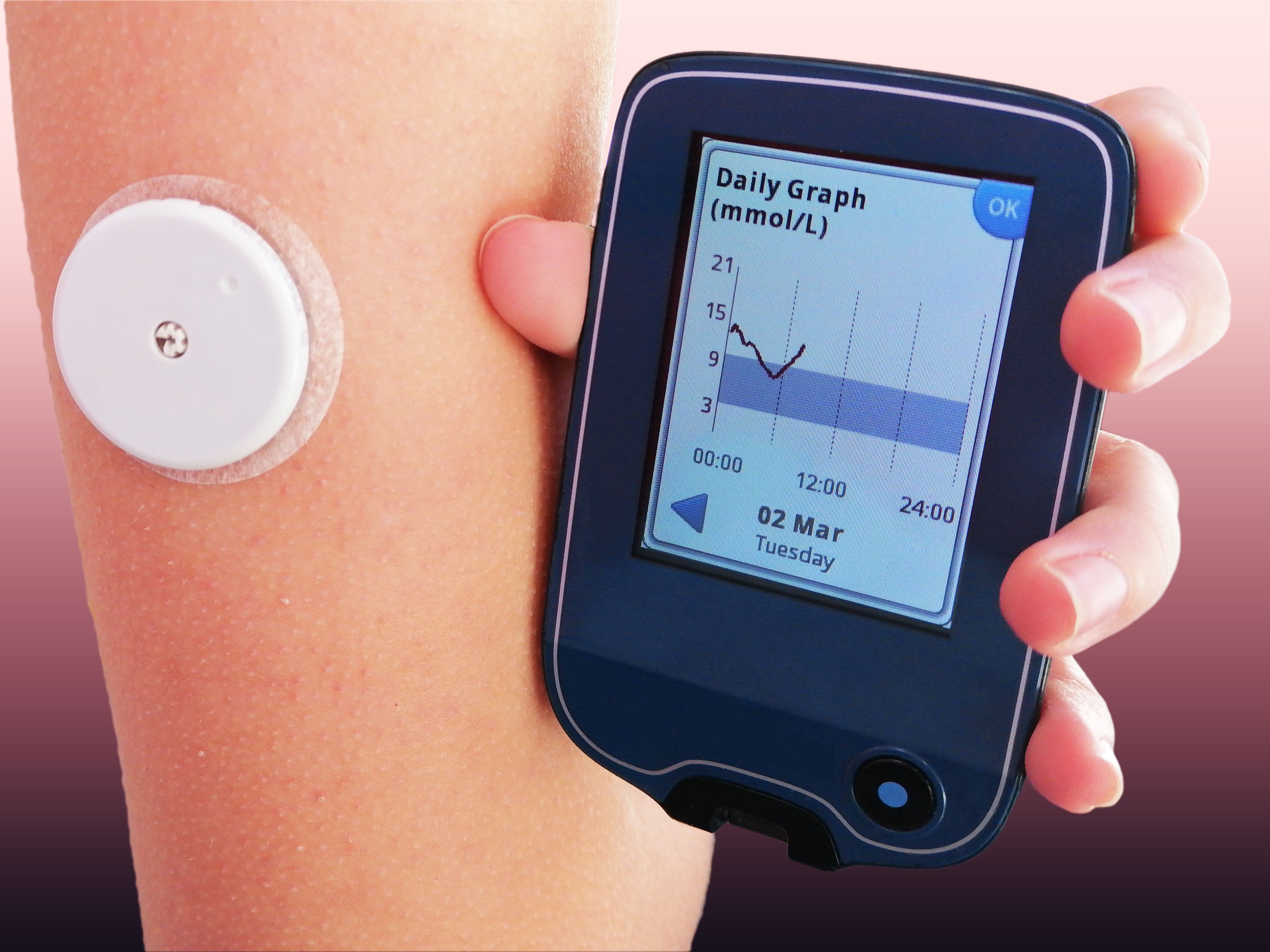Takeaways
- Continuous glucose monitors (CGMs) reduce the burden of care for families with young children with type 1 diabetes.
- Glycemic control for children under 6 with type 1 diabetes is challenging, impacting family habits and causing stress.
- A retrospective study assessed the impact of glucose monitoring devices on young children with type 1 diabetes and their parents.
- Glucose monitoring devices, especially continuous glucose monitors, improved sleep for 81% of parents.
- Parents believe that glucose monitoring technology can enhance school integration for children with type 1 diabetes.
New research in the journal Primary Care Diabetes suggests that continuous glucose monitors and other emerging diabetes technologies can ease the care responsibilities for families with young children diagnosed with type 1 diabetes.
The prevalence of type 1 diabetes, affecting 9.5 per 10,000 people, is on the rise, particularly among children aged younger than 6 years, making it the most prevalent chronic health condition in this age group. Achieving glycemic control in this population poses challenges, but the introduction of monitoring technologies holds promise for alleviating the caregiving burden on parents and caregivers.
“While caregiver support is especially important for these children, the diagnosis of type 1 diabetes often fundamentally alters family habits and can be a significant source of stress and anxiety,” the authors wrote.
“Having to get up at night to measure blood glucose levels in response to an alarm sounding, to administer treatments, or simply because of anxiety increases the parental burden of diabetes.”
Investigators conducted a retrospective, multi-center study to examine the impact of glucose monitoring devices on the everyday life of young children with type 1 diabetes and their parents. Data was gathered from a questionnaire that was sent to families of children who have type 1 diabetes and were being treated in 1 of 13 hospitals in the ADIM network in France.
The study cohort included 114 families with children who had diabetes and were under the age of 6, were treated by insulin pump, and had follow-up with a physician from the ADIM network between January and July 2020. Patients were excluded from the study if they had other types of diabetes, were diagnosed with type 1 diabetes for less than 2 months, or were treated with insulin pens.
Investigators found that 81% of parents found that glucose monitoring devices improved their sleep. Parents of children who used continuous glucose monitors were significantly more likely to report improved sleep. For parents whose children used flash glucose monitoring, 53% woke up every night to monitor blood glucose levels, compared to just 23% of parents whose children used continuous glucose monitors.
Additionally, 98% of parents in the study believe that glucose monitoring technology can help improve school integration for their children. There was no significant difference on perceived improvement of this issue between flash glucose monitors and continuous glucose monitors.
Study limitations include that it was conducted during the COVID-19 pandemic when family habits may have been altered and that it was based on a local questionnaire and was semi-qualitative.
“Type 1 diabetes is a chronic disease with significant healthcare and psychological burdens, particularly for the parents of young children with little or no autonomy,” the authors concluded. “Our results highlight how daily habits and family organization are altered by the diagnosis of diabetes in young children and how glucose monitoring affects daily living.”
Reference:
1. Aouchiche K, Bernoux D, Baechler Sadoul E, et al. Impact of continuous glucose monitoring on everyday life of young children with type 1 diabetes and their parents: An evaluation of 114 families. Prim Care Diabetes. Published online November 23, 2023. doi:10.1016/j.pcd.2023.11.002
A version of this article was first published by our sister publication, DrugTopics.
